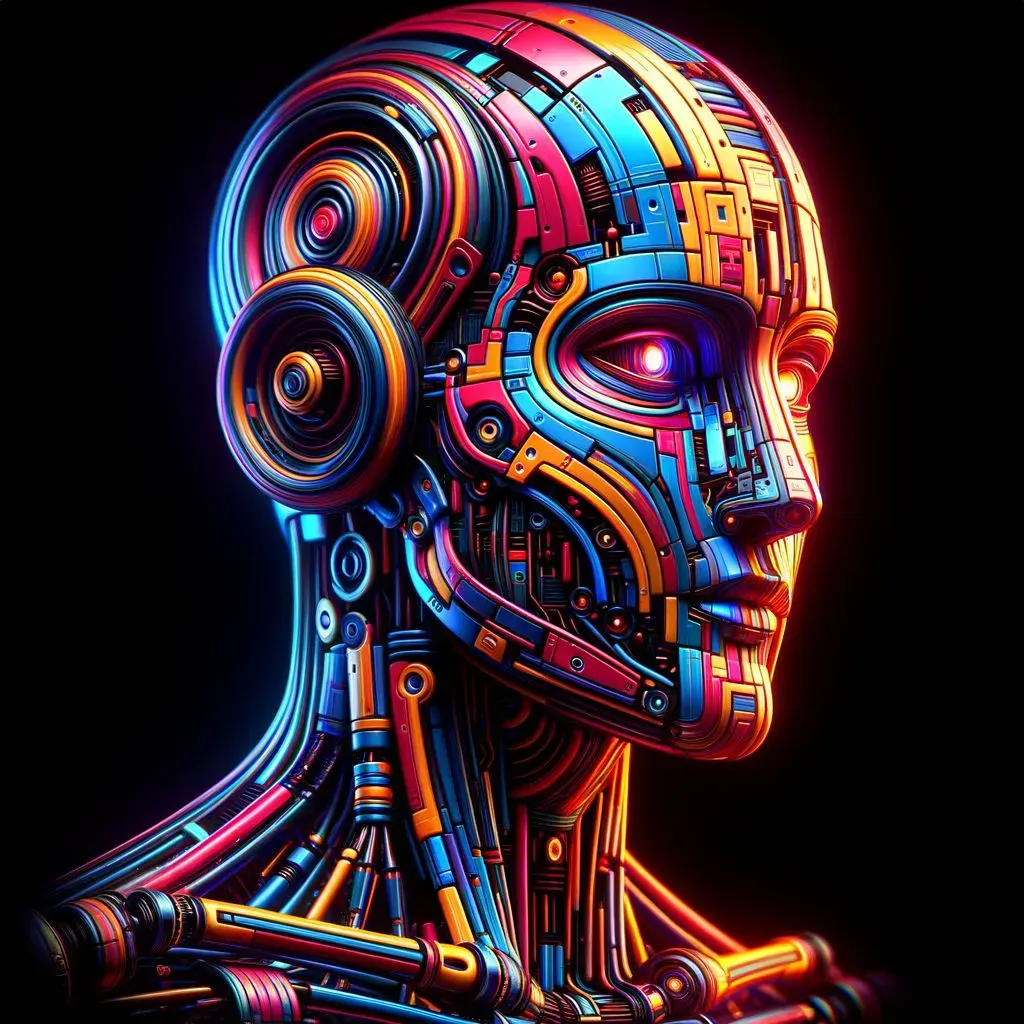Chatbots: Revolutionizing Customer Service in the Digital Age

In today's fast-paced digital world, customer service is undergoing a significant transformation. With the advent of artificial intelligence (AI) technology, particularly AI-powered chatbots, businesses are now equipped with powerful tools to revolutionize the way they interact with their customers.
In this blog post, we'll delve into the role of AI-powered chatbots in providing instant, personalized customer support, explore success stories from businesses that have embraced this technology, and outline best practices for implementing chatbot solutions effectively.
The Rise of AI-Powered Chatbots
Before we dive into the specifics, let's first understand what chatbots are and why they have become integral to modern customer service.
Chatbots are AI-driven virtual assistants programmed to interact with users in natural language, simulating human conversation. They can be deployed across various digital platforms, including websites, messaging apps, and social media channels. By leveraging technologies such as natural language processing (NLP) and machine learning, chatbots can understand user queries, provide relevant responses, and even execute tasks autonomously.
The adoption of chatbots in customer service has been fueled by several factors:
24/7 Availability: Unlike human agents who have limited working hours, chatbots can provide round-the-clock support, ensuring that customers receive assistance whenever they need it.
Scalability: Chatbots can handle multiple customer interactions simultaneously, making them highly scalable and capable of meeting the demands of a growing customer base without the need for additional human resources.
Cost Efficiency: By automating routine tasks and reducing the workload of human agents, chatbots help businesses save on operational costs while improving efficiency.
Personalization: Advanced chatbots are capable of analyzing user data and interaction history to deliver personalized responses and recommendations, enhancing the overall customer experience.
Instant, Personalized Customer Support
One of the key advantages of AI-powered chatbots is their ability to provide instant, personalized customer support. Let's explore how chatbots achieve this:
Immediate Response: Chatbots offer instant responses to customer inquiries, eliminating the need for customers to wait in queue or navigate through complex IVR systems. This instantaneous interaction enhances customer satisfaction and reduces frustration.
Personalization: Through data analysis and machine learning algorithms, chatbots can tailor their responses to suit the individual preferences and needs of each customer. Whether it's recommending products based on past purchases or addressing specific concerns, chatbots can create a personalized experience for every user.
Consistency: Unlike human agents, who may vary in their responses and level of expertise, chatbots provide consistent and accurate information across all interactions. This consistency helps build trust and reliability with customers.
Efficiency: By automating repetitive tasks such as answering FAQs, processing orders, and scheduling appointments, chatbots free up human agents to focus on more complex inquiries, thereby improving overall efficiency and productivity.
Sharing Success Stories
To understand the real-world impact of AI-powered chatbots on customer service, let's take a look at some success stories from businesses that have embraced this technology:
Banking Industry: Many banks have integrated chatbots into their customer service operations to provide instant support to customers regarding account inquiries, transaction history, and financial advice. By leveraging chatbots, banks have improved customer satisfaction levels while reducing operational costs.
E-commerce Platforms: E-commerce companies use chatbots to assist customers with product recommendations, order tracking, and resolving issues such as returns or refunds. Chatbots have proven to be invaluable in streamlining the shopping experience and driving sales conversions.
Hospitality Sector: Hotels and travel agencies utilize chatbots to handle booking inquiries, provide travel recommendations, and assist guests during their stay. Chatbots enhance the overall guest experience by offering personalized recommendations and instant assistance.
Telecommunication Companies: Telecom providers leverage chatbots to address customer queries related to billing, service outages, and technical support. Chatbots help reduce wait times and improve the efficiency of customer service operations in a highly competitive industry.
Best Practices for Implementing Chatbot Solutions
While the benefits of AI-powered chatbots are undeniable, successful implementation requires careful planning and execution. Here are some best practices to consider:
Define Clear Objectives: Identify specific goals and use cases for implementing chatbots in your customer service strategy. Whether it's improving response times, increasing customer satisfaction, or reducing operational costs, having clear objectives will guide your implementation process.
Understand Customer Needs: Conduct thorough research to understand your target audience's preferences, pain points, and communication channels. Tailor your chatbot's capabilities and responses to meet the needs and expectations of your customers.
Seamless Integration: Integrate chatbots seamlessly into your existing digital platforms, such as websites, mobile apps, and messaging channels. Ensure a smooth user experience by providing easy access to the chatbot and consistent branding across all touchpoints.
Continuous Learning and Improvement: Implement feedback mechanisms and analytics to monitor chatbot performance and gather insights for optimization. Regularly update and train your chatbot with new data and algorithms to improve accuracy and relevance over time.
Human Oversight: While chatbots can handle many customer inquiries autonomously, it's essential to have a mechanism in place for users to escalate to a human agent when needed. Human oversight is crucial for handling complex issues, providing empathy, and maintaining trust with customers.
In conclusion, AI-powered chatbots are indeed the future of customer service, offering instant, personalized support, improving operational efficiency, and enhancing the overall customer experience. By sharing success stories and following best practices for implementation, businesses can leverage chatbots to stay ahead in the competitive landscape and build long-lasting relationships with their customers.

